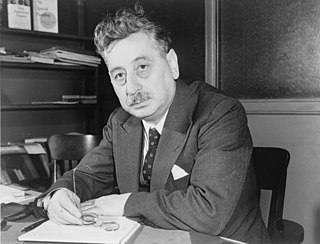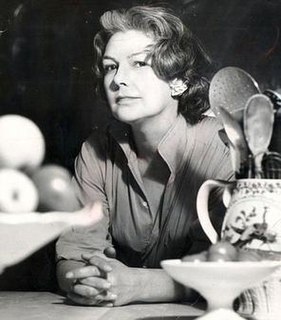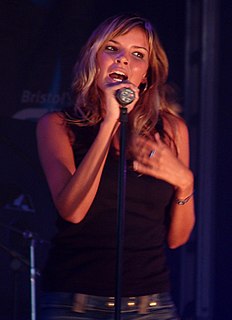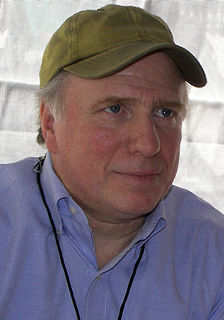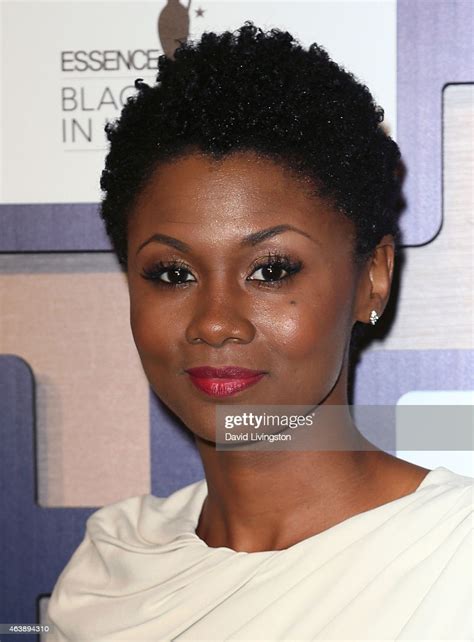A Quote by Sholem Asch
Writing comes more easily if you have something to say.
Related Quotes
Something I always tell students is, when you're writing something, you want to write the first draft and you want it to come out easily in the beginning. If you're afraid to say what you really have to say, you stammer. When you're thinking of your listener, that's when you start stuttering and it's just because you're nervous that your listener is passing judgment.
If you notice phrases, ideas, and anecdotes that closely resemble those that appear elsewhere in my writing, it's not a matter of sloppy editing. I'm repeating myself. I'm reshuffling words in the hope that just once I might say something exactly right. And I'm still wrestling with dilemmas that are not easily resolved or easily dismissed. I run at them again and again because I am not finished with them. Any may never be. Work-in- progress on a life-in-progress is what my writing is about. And some progress in the work is enough to keep it going on.
Thoughts are created in the act of writing. [It is a myth that] you must have something to say in order to write. Reality: You often need to write in order to have anything to say. Thought comes with writing, and writing may never come if it is postponed until we are satisfied that we have something to say...The assertion of write first, see what you had to say later applies to all manifestations of written language, to letters...as well as to diaries and journals
Something I always tell students is, when you're writing something, you want to write the first draft and you want it to come out easily in the beginning. If you're afraid to say what you really have to say, you stammer. [...] You're judging yourself, you know, thinking about your listener. You're not thinking about what you're saying. And that same thing happens when you write.
Essentially, the scripts are not that different. Let's say, in literary terms, it's the difference between writing horizontally and writing vertically. In live television, you wrote much more vertically. You had to probe people because you didn't have money or sets or any of the physical dimensions that film will allow you. So you generally probed people a little bit more. Film writing is much more horizontal. You can insert anything you want: meadows, battlefields, the Taj Mahal, a cast of thousands. But essentially, writing a story is writing a story.
